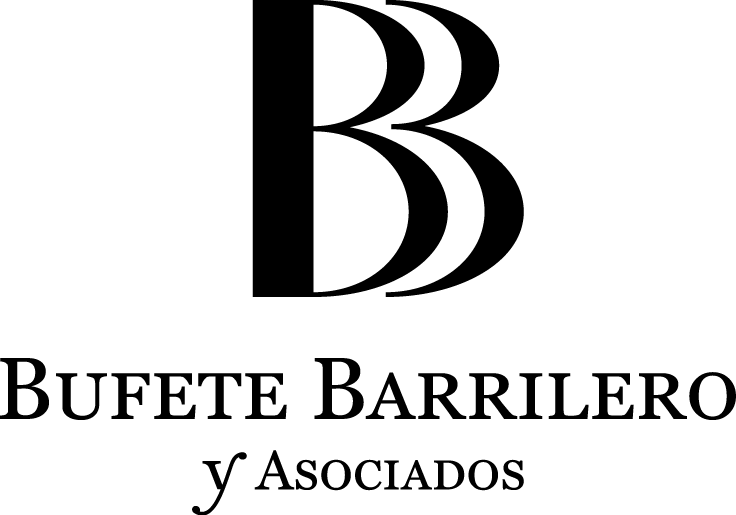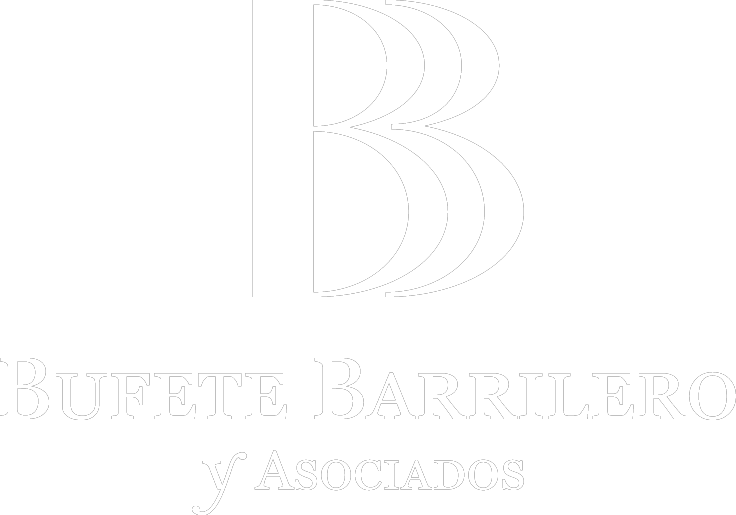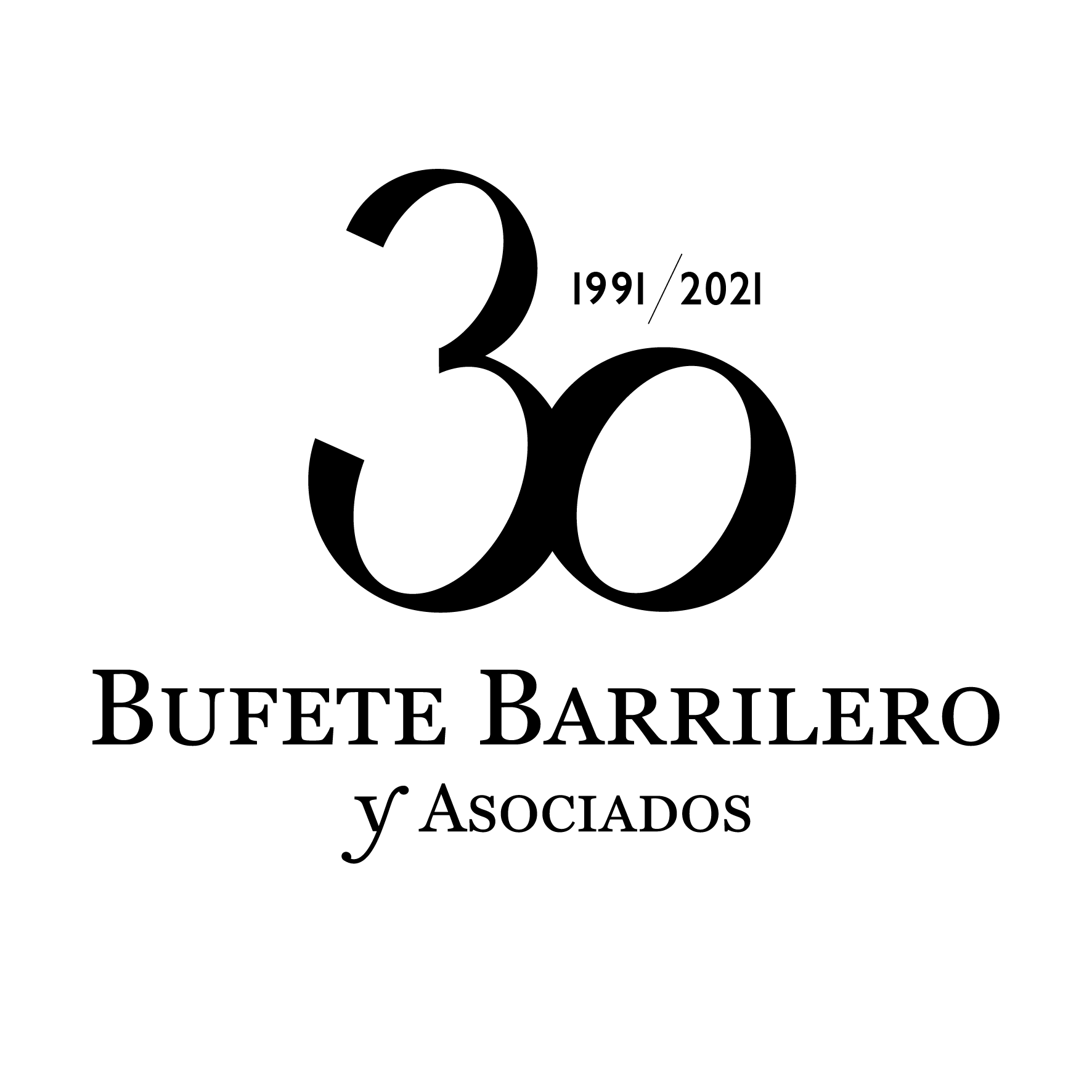A crisis such as that occasioned by the spread of COVID-19 has a social and economic impact which as of today is impossible to evaluate. But even so, it provides an opportunity to think over the challenges that our businesses face under the present circumstances, and to ready ourselves to react to and confront these challenges, which may become imperative.
At this critical time it is especially important to make sure that our company has updated all its policies and that it complies with and is aligned to any and all existing laws and regulations, and that it has an up-to-date compliance code that effectively prevents it from incurring in any illicit conduct, which is what we understand by “Compliance”.
In this sense, it is important to highlight that all companies are under the obligation to be aware of all laws and regulations and any of their updates, as well as being under the obligation to act in accordance with said laws and regulations. Furthermore, companies today must also observe “Social Responsibility”, meaning that they must act in compliance with an ethical code and that they must set supervision, enforcement and control procedures.
One of the challenges is the need for a corporate compliance code as part of a company’s “Good governance” practices, which allows or facilitates preventing the company, the company directors and/or general management from committing any criminal conduct or activity, thus avoiding any criminal procedures.
By virtue of the amended criminal code pursuant to the Criminal Act 5/2010, whereby corporate bodies may be held liable for any criminal activity or conduct, and to the Criminal Act 1/2015, of March 31st, whereby the list and the scope of the illegal conducts for which a corporate body may be held liable is considerably extended, all companies understand the need and the virtue of implementing a Corporate Compliance Protocol in order to minimize any and all relevant risks.
For the purposes of providing a comprehensive Corporate Compliance Protocol, it is necessary that companies first analyse all possible criminal risks relating to their activity, reduce their corporate values to writing and integrate them into their ethical codes, define action protocols, define employee and director training regarding the existing laws, regulations and policies, and they must define a whistleblowing channel – which shall be safe for any informer- that allows the exposure of any illicit conduct within the company. All the above shall be carried out in a coordinated manner and shall comprise the relevant Corporate Compliance Protocols.
Following a successful first phase, comes the effective implementation with the delivery of the conduct codes, the definition of the control body (“compliance officer”), the communication channels, the relevant disciplinary measures, and finally the definition of the audit programme and continuous training programmes.
Amongst all areas of practice and conduct practices, and due to the nature of the circumstances surrounding this crisis, labour and employment risks – together with climate and environment related risks- have proven to be particularly endangered, hence, demand a quicker and more thorough response.
In a similar fashion, the labour and health risks for employees demand special attention due to the emerging situation in which we are involved and that, in fact, has led labour unions to announce criminal proceedings against companies and public administrations for actions, which in their opinion, are putting employees’ health at risk.
Companies are acting accordingly adopting specific protocols, implementing policies that facilitate safeguarding employees’ health whilst preventing the company from incurring in any risk of liability. These protocols may include, but are not limited to, the following:
- Health prevention: set guidelines for collectives with previous pathologies such as asthma, diabetes and/or cardiac that show the slightest coronavirus symptoms, who shall abstain from going to work.
- Visits and offsite companies: offsite visits are prohibited (except for those authorised), security perimeters for deliveries, quarantine of goods…
- Personal hygiene measures: handwashing, disinfecting, social distancing, use of disposable tissues, no physical contact, cleaning-up of work clothing, use of face masks, gloves…
- Work space area clean-up: daily routine clean-ups reinforcement, weekly disinfections, use of disinfectant, sprays for shared equipment…
- Operating guidelines: avoiding face-to-face meetings, maintaining proper distancing in meetings and in shared rest areas, avoid sharing a car on your way to work, avoiding company trips, shifts for changing rooms.
- Follow-up: constitution of a safety, health and medical service committee that carries out a thorough monitoring and tracking in order to implement or modify the existing measures. Additionally, the creation of a specific communication channel in order to act in the quickest way possible, which should also be available for breach of protocol exposure and report.
The ultimate purpose of the above is that companies not only appropriately adjust to the exceptional situation, but that they integrate these procedures so organically that they are able to keep operating within reasonable normality and may prevent any future contingencies.


